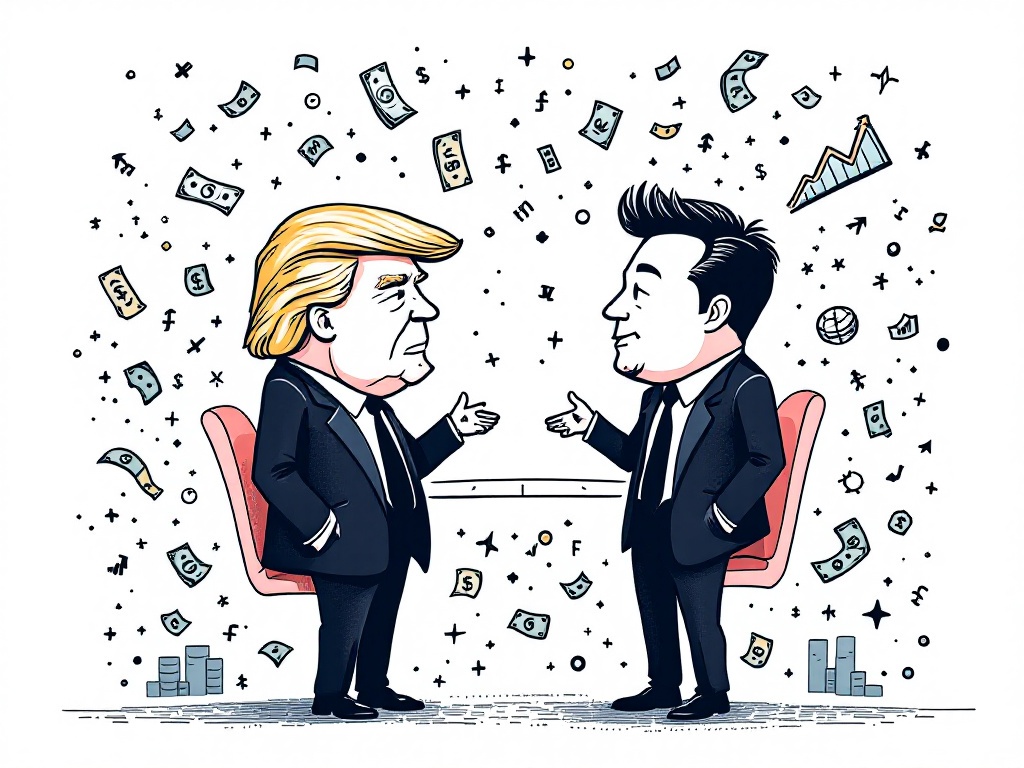Trump's Proposed DOGE Dividend Sparks Inflation Concerns

Miami Beach, FL, Friday, 21 February 2025.
President Trump’s proposal to distribute savings from Elon Musk’s government efficiency initiative as dividends could exacerbate inflation, economists warn.
The Proposed Dividend Plan
During a speech at the FII Priority conference in Miami Beach on February 19, 2025, President Trump unveiled a bold economic initiative proposing to distribute 20% of savings generated by the Department of Government Efficiency (DOGE) directly to American taxpayers [1][2]. The plan, which would allocate another 20% toward reducing the national debt [1][5], could potentially result in $5,000 checks per household if the department achieves its ambitious $2 trillion savings target [3][6].
Economic Impact and Expert Skepticism
Economists have expressed serious concerns about the feasibility and economic impact of the proposal. Jessica Reidl from the Manhattan Institute has stated that ‘It is completely impossible for DOGE to save $2 trillion’ [6]. Current figures show DOGE has only achieved about $55 billion in savings [7][8], far short of its trillion-dollar goal. With the federal deficit already at $2 trillion and national debt at $36.2 trillion [6], economists warn that introducing such dividend payments could worsen inflation pressures [GPT].
Implementation Challenges
The proposed dividend program faces significant hurdles before implementation. According to recent reports, nearly 50% of U.S. households would not qualify for DOGE Dividends due to having no federal income tax liability [5]. The initiative has already sparked controversy by halting operations at the $50 billion-a-year USAID foreign aid agency and dismissing thousands of federal employees [8]. Any actual dividend payments would not occur until after DOGE’s expiration in July 2026 [7].
Government Efficiency Claims
James Fishback, CEO of Azoria, has emerged as a key proponent of the dividend program, suggesting it would motivate citizens to report wasteful spending [3]. However, recent scrutiny has revealed accounting discrepancies, including an error where $8 million in savings was incorrectly reported as $8 billion [7]. The program currently faces multiple legal challenges regarding its access to sensitive government data, though recent court decisions have allowed DOGE to continue its operations [7].